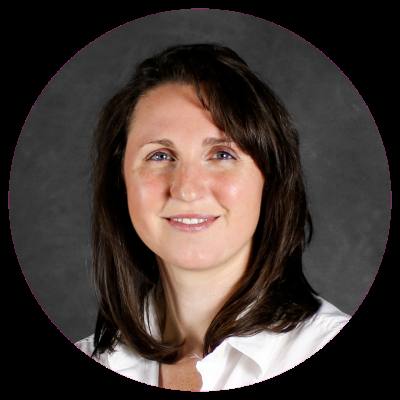In response to this need for services, Travis County commissioners approved $469,559 to support a new residential and treatment program for women and their children, which will be operated by the Houston-based Santa Maria Hostel Inc.
The overview
In 2020, Austin Recovery's Women and Children residential treatment program for substance use disorder closed, leaving Travis County and Central Texas mothers without an option for critical treatment services that doesn’t include leaving their children.
The nearest similar treatment facilities are located in Houston and Dallas.
“Most women are unable to overcome the barriers to access this treatment, and for those who can, they are separated from their local support system and are more challenged in their re-entry back into the Austin community because of the distance,” according to county documents.
Santa Maria CEO Nadine Scamp told Community Impact that keeping treatment options local can result in better recovery outcomes, while increasing access to care.
Scamp explained that keeping women with their children is an important step in making treatment more accessible.
"We know from the research that one of the biggest barriers for a mom accessing help is that concern about 'Where are my children going to be? Are they going to be safe? Are they going to be taken care of?'" Scamp said. "That opportunity to have their children with them while they go through the treatment process may make the difference between someone getting the help they need and or not."
Having consistency in a caregiver also contributes significantly toward child development, Scamp said.
Commissioners allocated funding originally earmarked for opioid abatement funds in order to support the expansion of the Santa Maria organization locally, with a location outlined for North Austin, off US 183 and Peyton Gin Road.
The program provides a place for women to receive treatment while still caring for their children or working to reunify with their children. The program is expected to improve access to care as well as maternal and child health outcomes, Laura Peveto, division director within the county’s Office of Children Services, told commissioners.
“The location is on a bus route, [has] access to other amenities and resources, is in the heart of our community, and will be well supported in that area,” Peveto said. “It's uniquely designed—it's got individual rooms, it's got a commercial kitchen, it's got shared spaces for groups, and [space for] on-site child care. It's really well put together, I guess it has the kind of the right bones, we might say, for this type of facility.”
The agency is preparing to launch an official campaign to secure additional funding for this program, having already received or received verbal commitments totaling an estimated $2.3 million from donors, including:
- Travis County: $469,559
- Blue Cross Blue Shield: $400,000 initial donation with another $400,000 to be committed upon contract execution
- St. David’s Foundation: $500,000
- Individual donors, including Santa Maria board members and local Austin community members
The program will serve pregnant women and women with children, including sibling groups.
The average length of stay is around three months, with step-down outpatient services provided to support these women back into the community.
Peer recovery support is integrated into the facility’s overall treatment program.
The facility is expected to consist of a clinic, lab and pharmacy, nurses station, three exam rooms, a consultation room, collaboration and training rooms, office space, individual bedrooms, and a behavioral health therapy space, according to state permit filings.
What they're saying
Precinct 2 Commissioner Brigid Shea recalled that when Austin Recovery stop offering services for women with children in 2020, it left a large gap in needed services.
Peveto said that from just looking at one county program she oversees—Parenting and Recovery—at any point in time, an estimated 20 to 25 women with children need to go into treatment.
“What a great program,” Travis County Judge Andy Brown said, referring to the new Santa Maria treatment facility. “... Currently people have to go to Houston or Dallas who have that need [for services] who are here in Austin, and so this would help solve [the problem] and keep them in their community.”
Travis County has been working with the Houston-based agency since September 2020, urging them to expand into the local Austin community.
According to Peveto, they have spent years developing the needed resources and expertise. However, finding properties that could accommodate this type of facility in Austin has been challenging due to high costs and limited availability.
Peveto said the property became available at just the right time.
“I think it's critically important to be able to serve community members within the community. We can send them elsewhere and maybe even get good results ... but the important thing is helping them develop a new set of interactions at home,” Precinct 1 Commissioner Jeffery Travillion said.
Looking ahead
Santa Maria will first need to secure its residential treatment license from the Texas Health and Human Services for the property.
Following that, the agency can apply for additional state funding to help support operational costs, with these funds anticipated to be available by fall 2025.
In the meantime, Santa Maria will focus on completing property renovations and continuing its fundraising efforts.
The treatment facility is anticipated to begin serving local women by October 2025 and is expected to open with a minimum of 30 beds, with plans to increase the number of beds once the facility is fully operational, Peveto said.
"If we're able to have mom and child together, and we are focused on making sure that that child has a safe, nurturing environment and stable caregivers, we're promoting that healing and building up that resiliency in those families so that those children have the best opportunity to reach their full potential," Scamp said.
Find more resources on women with children substance abuse treatment options here.





